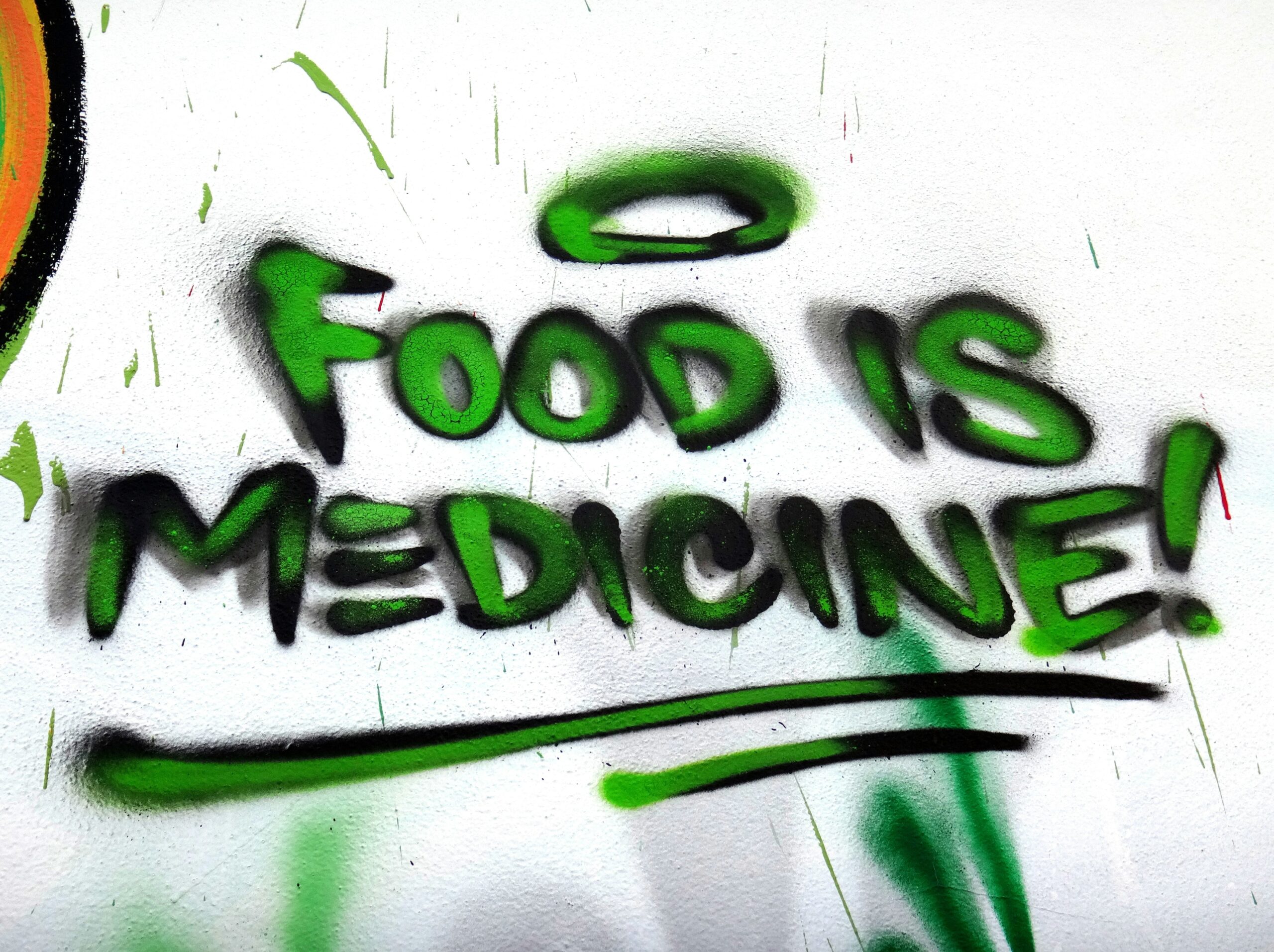Fighting Cancer with Nutrition
Have you ever wondered how much control we have over our health through the foods we eat?
While we can’t always prevent illness, small, consistent changes to our diet can make a significant difference. Nutrition is one of the most powerful tools in the fight against cancer, and by understanding what we eat, we can take steps to protect and strengthen our bodies.
This post will provide insights into how certain foods can help in the fight against cancer, and by the end, you’ll have practical tips to incorporate into your daily routine to boost your health.
The Power of Small Tweaks
It’s easy to feel overwhelmed when thinking about making big lifestyle changes, but the good news is that small tweaks are often the most sustainable.
You don’t have to overhaul everything at once; instead, focus on incremental steps that lead to long-term health benefits. Research shows that many illnesses, including cancer, can be influenced by the choices we make every day. By paying closer attention to our diet, we can take control of our health and work toward disease prevention.
Top Cancer-Fighting Foods
Certain foods have been shown to have a direct impact on reducing cancer risk and even supporting the body in fighting off cancerous cells. Here are some of the most effective cancer-fighting foods you can add to your diet:
- Cruciferous Vegetables: Kale, Brussels sprouts, and cauliflower contain powerful compounds like sulforaphane, which can help inhibit cancer growth.
- Chlorophyll-Rich Foods: Foods like spirulina, chlorella, and wheatgrass help detoxify the body and reduce the spread of cancer cells.
- Broccoli Sprouts: These tiny greens are packed with cancer-fighting glucosinolates, which can target cancer cells at the molecular level.
- Almonds: A handful of almonds each day can supply enzymes that help your body fight cancer naturally.
By incorporating these superfoods into your meals, you’re giving your body the resources it needs to maintain health and protect itself. These foods can easily be added to salads, smoothies, or used as toppings on your favorite dishes.
What to Avoid
Just as important as what we eat is what we should avoid. Many common foods and ingredients that we may not think twice about are actually feeding diseases like cancer. Processed foods, sugar, and artificial sweeteners like Splenda or aspartame can weaken the immune system and contribute to inflammation, which creates an environment where cancer cells can thrive.
For example, sugar is a favorite food of cancer cells, and reducing sugar intake—especially if you’re already facing a diagnosis—can make a significant difference. Swap out processed sugars for healthier alternatives like organic stevia, which is plant-based and doesn’t have the harmful effects of artificial sweeteners.
Additionally, many processed meats contain nitrates and nitrites, which break down into cancer-causing agents in the body. Choosing nitrate-free options and opting for whole, unprocessed foods can go a long way in reducing cancer risk.
The Importance of Hydration and Detoxification
We all know hydration is crucial, but the type of water we drink matters too. Tap water often contains chemicals that can disrupt the body’s natural detox processes. A reverse osmosis water filter is a great way to ensure that the water you’re drinking is free from harmful contaminants. You can also add lemon juice to your water to help alkalize the body, which can create a less favorable environment for cancer cells to grow.
If you’re undergoing treatment, detoxification becomes even more important. Techniques like ionic foot baths can help remove toxins from the body, especially following chemotherapy. These simple methods can support the body in its recovery and help flush out harmful chemicals.
Knowledge is Power
One of the most powerful steps you can take in fighting cancer is educating yourself about what you’re putting into your body. Learning to read labels and understanding the ingredients in your food can empower you to make better choices. For example, foods that are highly processed or contain unpronounceable ingredients are likely doing more harm than good. Focus on whole foods that are as close to their natural state as possible—if it grew from the ground or came from a natural source, it’s likely a better option for your health.
The Bible teaches us that “a man shall eat good by the fruit of his lips” (Proverbs 13:2), meaning that what we consume and speak both have the power to shape our lives.
By making small, conscious changes, we can protect ourselves and those we love from the threat of illness.
Take the Next Steps
Every journey to better health starts with a single step. The small choices we make today can have a huge impact on our future, especially when it comes to preventing or fighting cancer. By incorporating more cancer-fighting foods and reducing harmful ingredients, we are setting ourselves up for long-term well-being. Ready to start your health journey?
Begin with one small change this week and watch how your body responds to the power of nutrition.
Add one cancer-fighting food to your grocery list today and share your journey with a loved one who might need some encouragement to make healthier choices.
Looking for more resources? Check out these other blogs to discover even more health truths.

